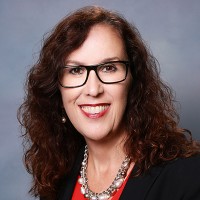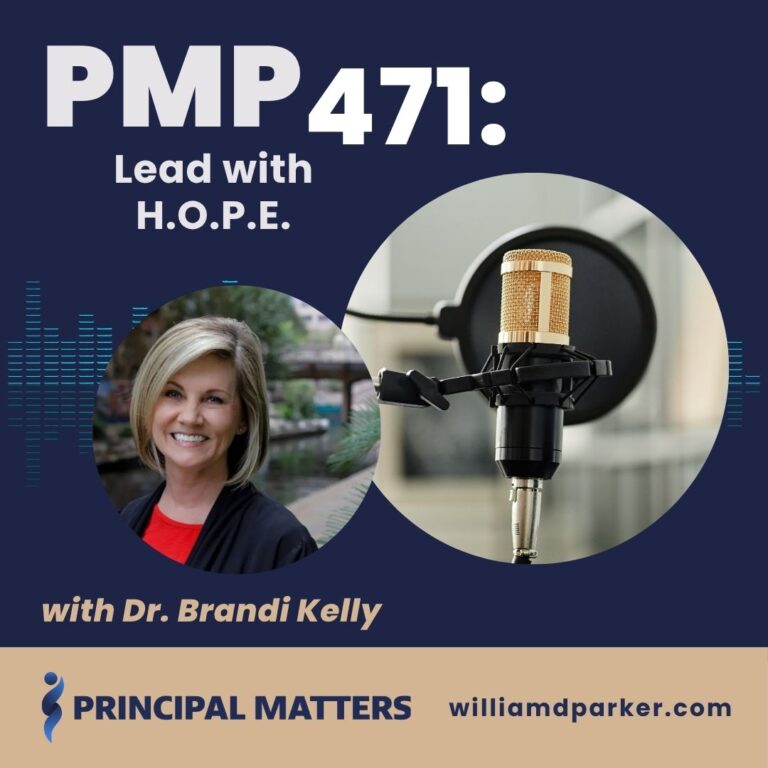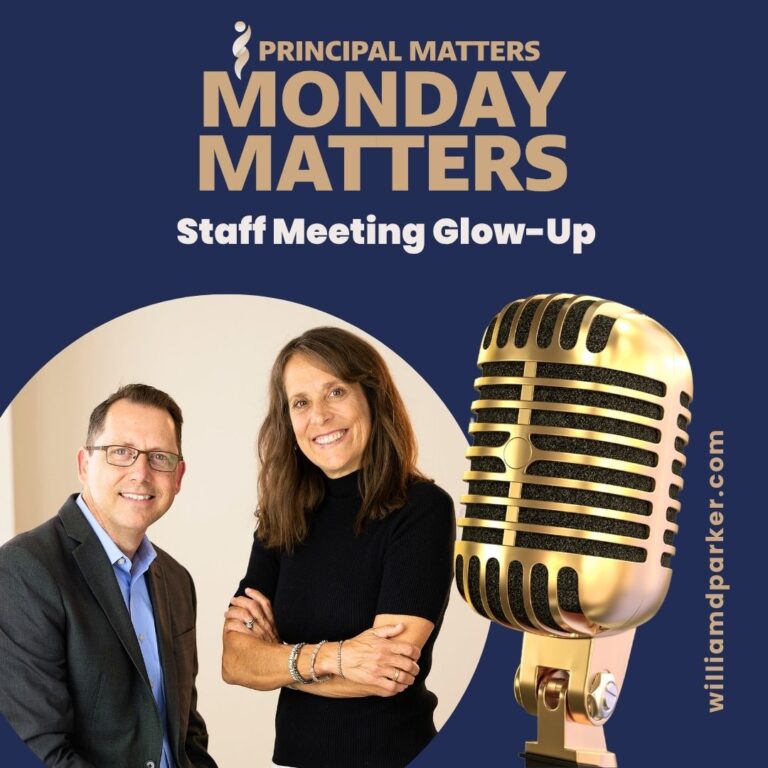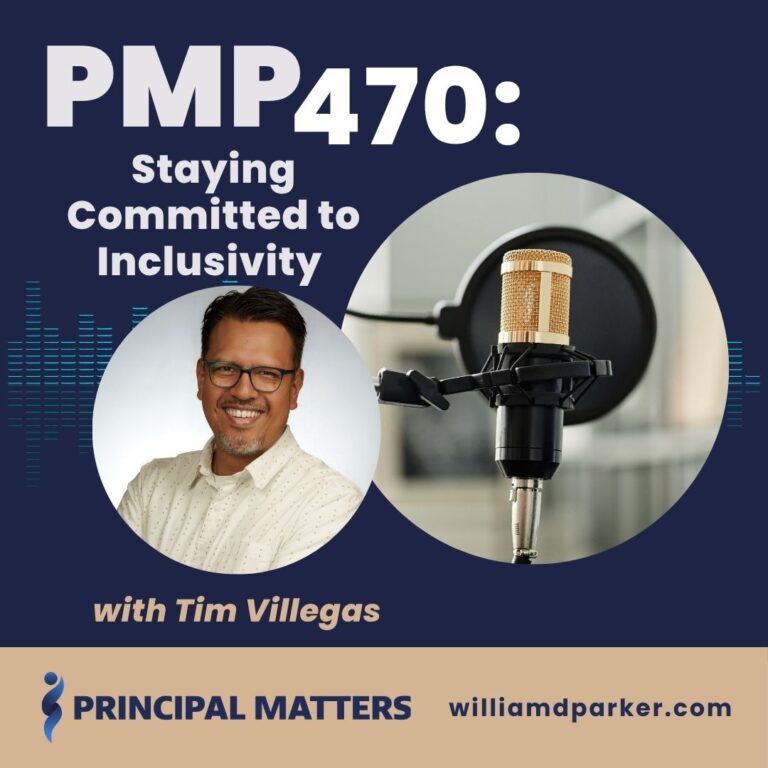Podcast: Play in new window | Download
Dr. Kimberly Miles is the Principal of East Gresham Elementary in Gresham, Oregon.

A former elementary teacher and reading coach, she transitioned into a district instructional coach before becoming a principal. She has eleven years of experience in school leadership, and is a turnaround principal – having led a school community that has seen marked improvement in student outcomes.
Balancing Needs for Safety with Learning
WDP: You have so much passion for teaching and learning. As a guest on episode 246, you shared in a group discussion about the challenges of re-visiting teaching priorities even in the midst of a pandemic. How are you planning ahead to regain ground in student learning?
Kimberly Miles: It is important to remember that learning never stops. I need to model first for my students and staff. How do we accelerate learning for them? Learning is definitely different during a pandemic, but we’re also meeting social-emotional needs. It is a dance we are doing each day to make sure students have both emotional and academic health.
WDP: As you manage the tension of managing caring and teaching, what advice do you have for principals as they are strategizing unfinished learning?
Kimberly Miles: We must really prioritize the time teacher have together for time to analyze student outcomes and strategize next steps. As a leader, I have to ask what can I take off the plates of teachers so that they more time for collaborating around ways to help student learning improve. How can I help provide them that time?
WDP: What works for your school may not be the same actions that work for others, but you have discovered strategies that work for your school, including a great master schedule you’ve developed for unfinished learning. Can you talk about how you developed that kind of planning?
Kimberly Miles: Teachers need time to collaborate, and principals need that time as well. Each of our children needs access to core content and opportunities. As a district team, we shared priorities we would share in common across the district. When we brought our master schedule to our leadership team, we analyzed it based on whether it addressed our core values, including blocks of time for Language Arts, Math, and social-emotional learning.
I’m really proud of the priority we have for teachers to collaborate together. Our master schedule reflects that priority to meet within the school day. Also, we have allocated time for literacy, comprehension, vocabulary, and writing.
WDP: When you look at your master schedule for addressing unfinished learning from the perspective of a third grader in your school, what kind of schedule would he or she encounter?
Kimberly Miles: First, we need to consider school culture. Are we making school a place where students want to attend? These settings may including classrooms with quiet music playing, personalized goals placed on boards, check-in times for students, and transitions into reading goals.
Core literacy instruction may be followed by small groups. Brain breaks include movement or dancing to make place for energy. Reading practice may be followed by a special like P.E., music or library time. This may be followed by writing and math – making sure it is relevant.
After lunch, we want time for recess and play. Maybe experience some hands-on learning as we integrate science, social and health into our core literacy standards. We also provide language development. As a Title 1 school, we also provide individualized Tier-2 instruction. We are a school where students have full, active days for learning.
WDP: From the perspective of a teacher, how are you structuring time for them?
Kimberly Miles: We are focused on professional learning communities with a deep-dive into what the data tells us about student learning. But developing a community where families and students want to come is so important for teachers to facilitate learning. This also includes shared leadership. We make decisions together. We look at each child so that we can decide what we need to do to facilitate what they need for learning. We also share our school story on social media a lot so that parents can see the experience and culture of our school.
WDP: What concerns do you have as students and families try to reconnect with learning post-pandemic?
Kimberly Miles: I want them to know we will do whatever it takes to help them reach their goals. First, we must create warm, welcoming places where they want to be. Our staff is relentless in the pursuit of making students feel appreciated for who they are.
WDP: How can other leaders stay connected with you?
Kimberly Miles: You can connect via Twitter at @afewthingsworth or by email at miles16@gresham.k12.or.us. Do not feel alone. I enjoy connecting with other educators across the country. If there is any way I can help, please reach out.
Now It’s Your Turn
Listen to the entire episode for even more takeaways from Principal Miles. Check out Kimberly’s great blog at http://afewthingsworthreading.blogspot.com. Like Dr. Kimberly Miles says, “You are not alone.” As you step into this next season of learning at your school, please stay connected with other leaders as you plan ahead. Take time to refresh yourself, and thank you for doing what matters!




